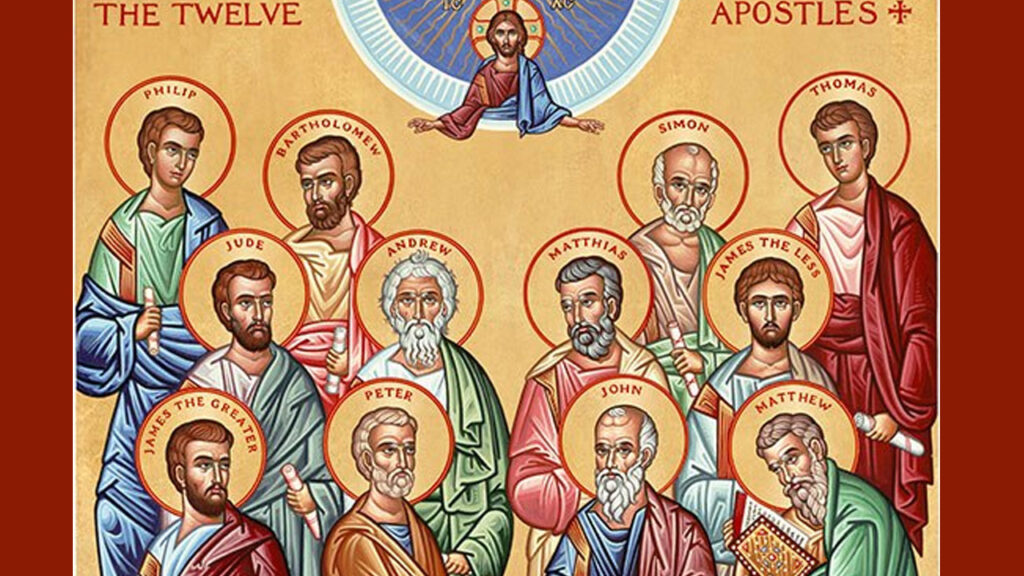Once I read: “if Jesus had sent his twelve disciples for psychological testing this might well be the reply he would have received: Thank you for submitting the résumés of the twelve men you have picked for managerial positions in your new organization. All of them have taken our battery of tests. We have run the results through our own computer. After having arranged personality interviews for each of them with our psychologist and vocational aptitude consultant, it is the opinion of our staff that most of your nominees are lacking in background, education and vocational aptitude for the enterprise. They have no team concept. Simon Peter is emotionally unstable and given to fits of temper. Andrew has no qualities for leadership. The two brothers James and John place personal interest above company loyalty. Thomas shows a skeptical attitude that would tend to undermine morale. Matthew has been blacklisted by the Jerusalem Better Business Bureau. James the son of Alpheus, and Thaddeus, definitely have radical leanings, and registered a high score on the manic-depressive scale. One of the candidates however, shows real potential. He is a man of ability and resourcefulness, meets people well, and has contacts in high places. He is highly motivated, ambitious, and responsible. We recommend Judas Iscariot as your controller and right-hand man” (Anon).
Why did Jesus choose these 12 apostles? Why didn’t Jesus choose the most intelligent or prominent people to be His apostles? The answer is in the word “apostles.” What is an apostle? The word apostle comes from the Greek word “apóstolos” which means ‘sent in the name of.’ This “in the name of” has specific connotations.
A mother can say to her son: “go and buy this for me,” but the child is not the apostle of his mom since he was not “sent in the name of.” Rather he is doing something “for his mom.” The apostle is not doing something “for Jesus” but is rather doing something ‘in the name of Jesus.’
This is why to be an apostle we do not need to have brilliant ideas, we do not need to be super intelligent, skillful, smart or have any other particular quality. What we need to be is faithful to Jesus’ doctrine. Christ chose to administer his salvation through the cooperation of apostles, of men and women who would roll up their sleeves and help Him to bring the Good News all around the world.
God chose to involve the very sinners He came to save in this project of their salvation. Actually, it was a brilliant move, because asking us to be apostles, He gave us a chance to really get involved in the economy of salvation and not to miss the point of it by preaching something that whether it is good or not, is not the salvation that He brought.
In addition, if we are real apostles, if we actively help Jesus build up His Kingdom by building up His Church on earth, then our lives take on an eternal weight of glory. We really can store up our treasures in heaven.
Jesus, by establishing his Church on the foundation of the Apostles, by making His Church Apostolic, wanted to give us the chance to preach the Gospel. He asks each one of us to contemplate the injured world around us. He asks each one of us to feel the same compassion He felt when He saw the crowds. He asks each one of us to generously respond to His call to be an apostle. He asks each one of us to work with Him to bring life, His life, to all.





